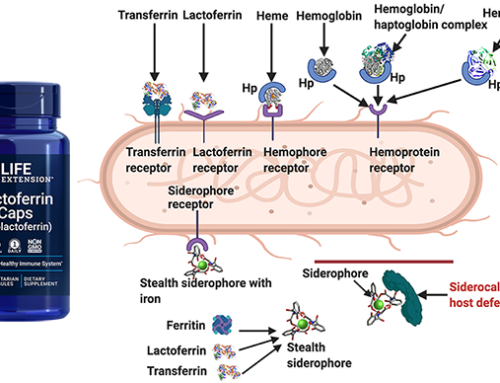If you’re an emotional eater, you’re not alone. Food is the most common means of
dealing with negative feelings. While the occasional bowl of ice cream won’t cause any
harm, many people take it too far. Unhealthy foods can cause a myriad of health
issues when consumed in large quantities.
Negative eating also takes a toll on your self-esteem. Feeling out of control isn’t
empowering. You can regain that sense of control by eliminating emotional eating from
your life.
Understand the factors that control emotional eating:
1. Develop pleasures other than food. Emotional eating is challenging to give up
because it’s so pleasurable. Food can make us feel much better, at least in the
short-term. Scientists consider food, especially sugar, as addicting as
narcotics.
The most effective way to give up a pleasurable habit is to find a
substitute. You can find another way to soothe yourself without eating.
You might listen to music, exercise, get a massage, take a bubble bath, or
chat with a friend or family member that is supportive.
2. Slow down. If you must eat, slow down. Focus on the feeling and taste of each
bite. You’ll eat less and feel better about yourself afterwards.
3. Learn your trigger points. It might be coming home after a long, hard day. Or
maybe you turn to food when you’re bored or lonely. Recognize the situations
that bring food into the picture. Develop a strategy for staying ahead of your
urges. Carry healthy snacks so you’re always prepared.
4. Learn to accept feeling uncomfortable. Rather than trying to make yourself
feel better, just sit with your discomfort and examine it. What does it feel like?
Where is it located? If you can look at it dispassionately, it will begin to wane.
Keep in mind that emotions are just a collection of chemicals that result in
physical sensations. We then label a particular set of body sensations as
anxiety, fear, loneliness, and so on. Your emotions are just physical
sensations. You don’t have to do anything about them.
5. Be more aware. Sometimes we plop down in front of the television and devour
a bag of chips before we even realize what’s going on. If you’re going to eat,
then do nothing but eat. Be mindful while you’re eating and you’ll eat less. You’ll
also be more aware of the quality of the food you’re consuming.
Ask yourself, “Why am I eating this? Am I hungry?”
6. Love your body. If you dislike your body, you’re more likely to mistreat it by
overeating. It’s almost impossible to make changes that affect your body in a
positive way if you hate your body in the first place.
Think of all the unique and amazing things your body can do. Find a way to
love your amazing body.
7. Fill up on healthy food. If you eat a healthy diet, it’s difficult to eat enough to
gain weight. Keep yourself comfortably full with healthy foods especially
vegetables. If your stomach is full, eating is a less appetizing idea.
8. Get sufficient sleep. When we get tired, our mood suffers. Eating is also a
response to a lack of energy. Get enough sleep so you’re not tired. Willpower
also suffers when we feel fatigued. Go to bed earlier and follow healthy
bedtime rituals.
Emotional eating is an effective, but unhealthy, way to make ourselves feel better in the
moment. Stopping the cycle of emotional eating requires finding another way to deal
with discomfort, an empty emotional cup, anger, sadness, happiness, and loss. Emotional eating is a learned behavior but it can be unlearned and you can find better ways to deal with life’s ups and downs
differently. Love yourself and make a commitment to gain control of your behavior.








